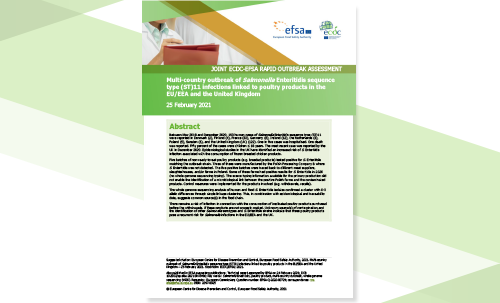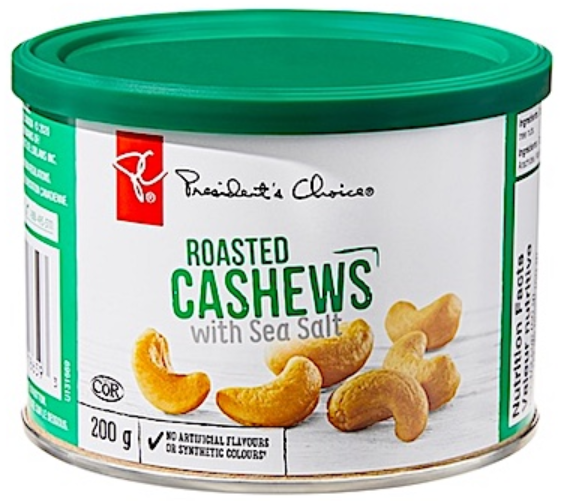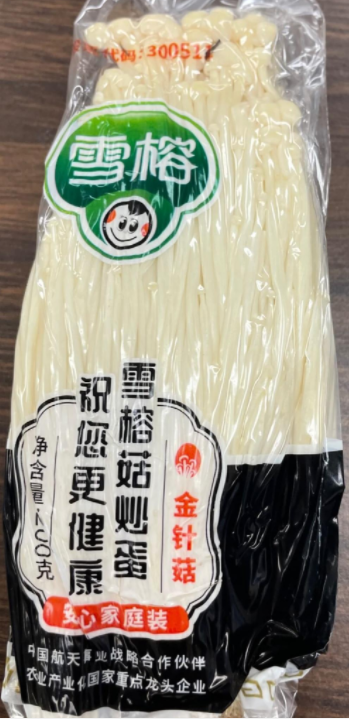The European Centre for Disease Prevention and Control published a report on a recent outbreak of Salmonella Enteritidis ST11 infections. On 2 September 2021, France reported an increase in Salmonella Enteritidis ST11 infections. By 11 January 2022, 272 confirmed cases had been reported in five European Union/European Economic Area (EU/EEA) countries and the United Kingdom (UK): Denmark (n=3), France (n=216), the Netherlands (n=12), Norway (n=7), Spain (n=22), and the UK (n=12) in 2021. Two deaths were recorded in adult men. Twenty-five cases were hospitalized. Sixty cases reported consumption of eggs/egg products. Some cases reported in France in 2021 had visited restaurants serving eggs distributed by a Spanish Packing Centre A. The eggs originated from three Spanish farms, one testing positive for the outbreak strain.No other countries received eggs from the same farms via Packing Centre A during summer 2021. Therefore, the source of infection for cases in late 2021 and in countries other than Spain and France could not be established. The risk of new infections caused by the outbreak strain and contaminated eggs remains high in the EU/EEA. @ https://www.ecdc.europa.eu/en/publications-data/multi-country-outbreak-salmonella-enteritidis-sequence-type-st11-infections
ruth
On 2 September 2021, France reported an increase in Salmonella Enteritidis ST11 infections. By 11 January 2022, 272 confirmed cases had been reported in five European Union/European Economic Area (EU/EEA) countries and the United Kingdom (UK): Denmark (n=3), France (n=216), the Netherlands (n=12), Norway (n=7), Spain (n=22), and the UK (n=12) in 2021. Two deaths were recorded in adult men. Twenty-five cases were hospitalised. Sixty cases reported consumption of eggs/egg products.
ruth
According to the CFIA, Loblaw Companies (Brampton, Ontario) recalled President’s Choice branded Roasted Cashews Nuts with Sea Salt from the Canadian marketplace due to reported off-odor and off-taste caused by possible spoilage and bacterial contamination. The recalled products President’s Choice Roasted Cashews with Sea Salt, sold in 200 gram cans with a best-before date code of 2022 DE09 or 2022; and President’s Choice Roasted Cashews with Sea Salt, sold in “Club Size” packages of 1.13 kilograms with a best-before date code of 2022 OC 04 were sold nationwide.@ https://recalls-rappels.canada.ca/en/alert-recall/president-s-choice-brand-roasted-cashews-sea-salt-recalled-due-odour-and-taste
ruth
Bob Ferguson’s interesting article in Food Safety (https://digitaledition.food-safety.com/february-march-2022/column-food-safety-insights/?oly_enc_id=3292C0332767G2X) the changes to food safety due to the use of WGS are described. Over the past few years, the pace of recall announcements seems to be accelerating, not slowing. However, the FDA insists that food illness outbreaks get smaller and affect far fewer people. The use of WGS is allowing identifying more illnesses and more outbreaks. Many of these outbreaks involve smaller and geographically distributed illnesses that would have previously gone unreported. WGS is helping identify and link these cases, so the number of “reported” illnesses goes up. WGS also allows taking steps to solve the root causes and reduce illnesses. The FDA GenomeTrackr program was at breakeven in its second year, a “surprise finding,” The FDA researchers mentioned that in their collaboration with other countries using similar programs, they have learned that these other countries are seeing the same results. In 2019, 77% of the illnesses prevented were related to Salmonella infections, and 70% were related to Listeria. The FDA researchers estimate that the GenomeTrackr database could result in billions of dollars of net benefits once complete and fully implemented.
This column expands on the findings of the FDA study of the economic evaluation of the GenomeTrakr whole genome sequencing (WGS) program.
ruth
The FDA reported that Golden Medal Mushroom Inc. ( Los Angeles, CA) recalled all cases of its 200g/7.05-ounce packages of Enoki Mushrooms, lot # 300511, a product of China because it has the potential to be contaminated with Listeria monocytogenes. The product was distributed directly in Chicago, IL, in January 2022, and it has been further distributed to retail stores nationwide. No illnesses have been reported to date. The potential for contamination was discovered after routine testing by the Michigan Department of Agriculture and Rural Development that revealed the presence of Listeria monocytogenes. The distribution of the product has been suspended. @ https://www.fda.gov/safety/recalls-market-withdrawals-safety-alerts/golden-medal-mushroom-inc-recalls-enoki-mushrooms-because-possible-health-risk-0
Golden Medal Mushroom Inc. of Los Angeles, CA is recalling all cases of its 200g/7.05-ounce packages of Enoki Mushrooms, lot # 300511, product of China, because it has the potential to be contaminated with Listeria monocytogenes




